No name is as synonymous with river rescue as Charlie Walbridge. Walbridge was a driving force in kayak and canoe instruction at its dawn in the 1970s. He co-created the swiftwater rescue clinic and literally wrote the book on it.
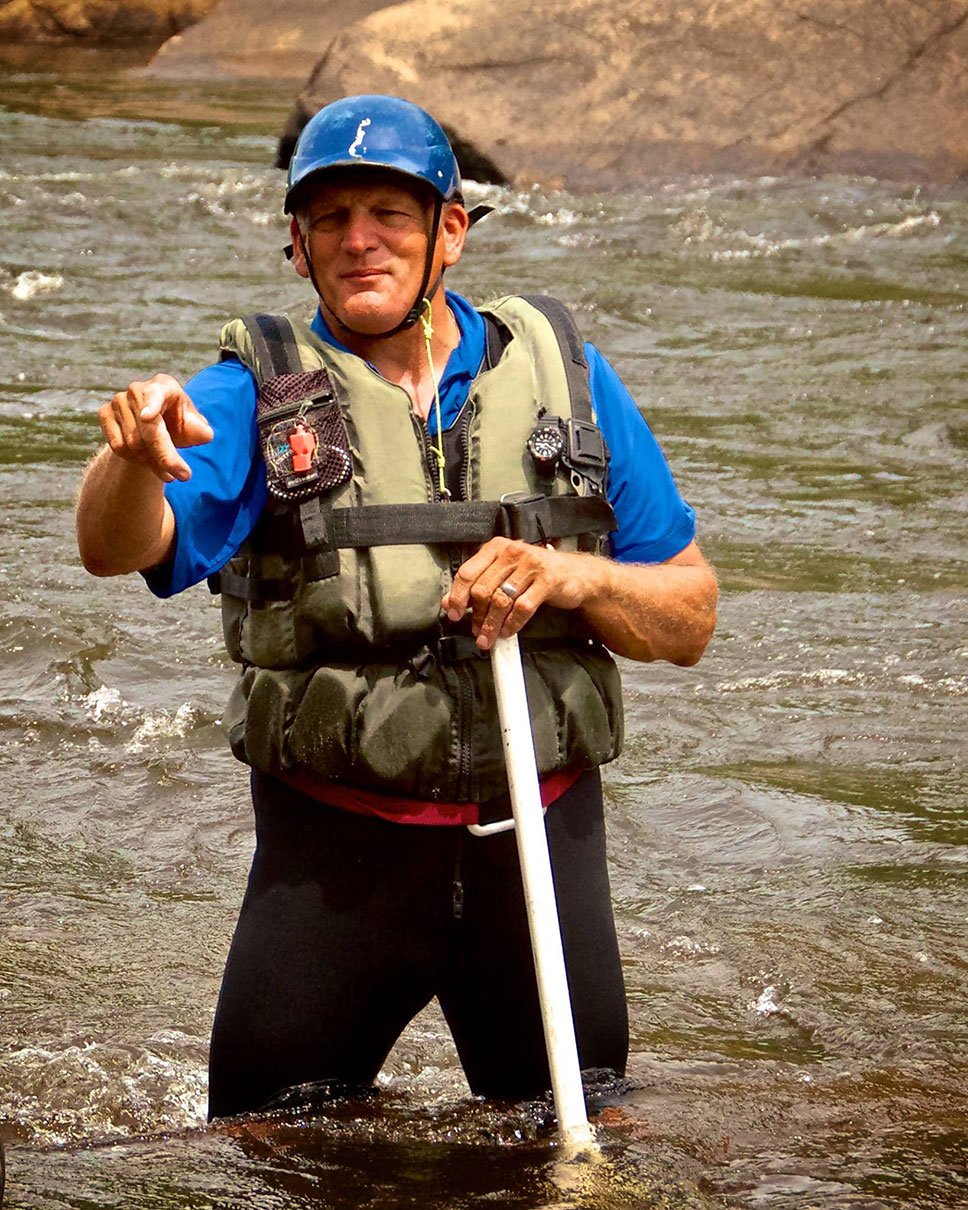
For three decades, Walbridge has also volunteered as the chronicler of American Whitewater’s Accident Database, an indispensable trove of incidents providing empirical knowledge to the river-running community. The database holds more than 3,000 accounts. The majority have unfortunate endings in a sport we pursue to live life to the fullest. However, because of Walbridge’s decades dedicated to sharing insights from the data, an incalculable number of paddlers’ lives have also been saved.
These are the stories Walbridge shares in his new book, Whitewater Rescues: True Stories of Survival, Bravery, and Quick Thinking.
Q&A with Charlie Walbridge on 30 years of river rescues
When was the first swiftwater rescue you were involved with?
In 1975 at an icebreaker slalom. There was a guy caught underwater. I was coming down the course and I pulled over and we ran downstream. Nobody knew what to do. It was a fatality. I was really upset and asking people questions. I found out the guy had been trying to stand up when he washed over a ledge, and his foot got caught under a rock. I wrote the accident report and it was published in several canoe club journals. I got a lot of feedback from people saying something similar had happened on their river. It turned out to be the first description of a foot entrapment.
Why did you decide to write this new book, Whitewater Rescues?
Writing about fatal accidents, it’s really useful to learn as much as we can. The whole purpose of what I do is to get people talking. But it’s pretty depressing. We also get near-miss reports and they haven’t really been the focus before. It took me a while to realize what we had. I was going through every near miss over the last 45 years and realized there’s good stuff there, too good just to sit in the database. These are amazing stories, and they’re not depressing. They’re stories of ingenuity, courage and persistence.
Where are the biggest takeaways you’ve seen over the years in river running safety?
We are much more knowledgeable about risks. Second, are the techniques swiftwater rescue has developed for dealing with those risks. For instance, in that first rescue I was present for, now, there would undoubtedly be people there who know how a stabilization line or a cinch works, and they would’ve made a real effort to get the guy out quickly.
Who eventually carries on your legacy in accident reporting?
I don’t think it’s going to be easy to find a volunteer to do what I’ve been doing. I suspect that for this to be successful, it’s going to have to be a staff position. When I’m done, I’m done. I have no timeframe in mind. I enjoy it. I plan to keep doing it, but I’m 75 years old and life moves on.
What’s kept you enjoying paddling all these decades while carrying a burden like the one you have for the whitewater community?
Well, it’s not a burden. When I hear about something, I want to find out what happened, like any other reporter. I talk to people, get the story and put it out there in the words of the people who were there. It’s fascinating and rewarding. And when I’m out on the river, I’m not thinking about that sort of thing. I’m just out with my buddies.
Rivers are incredibly beautiful. But it’s the people. When I think about the stories I tell, they’re often not about the rivers. They’re about people and the things we did together.
Charlie Walbridge has been the keeper of the American Whitewater Accident Database for 30 years. The lessons learned and practices developed from the data have saved countless lives. | Feature photo: Courtesy Charlie Walbridge


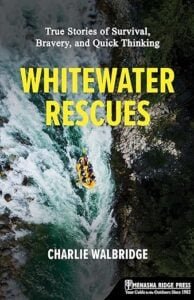
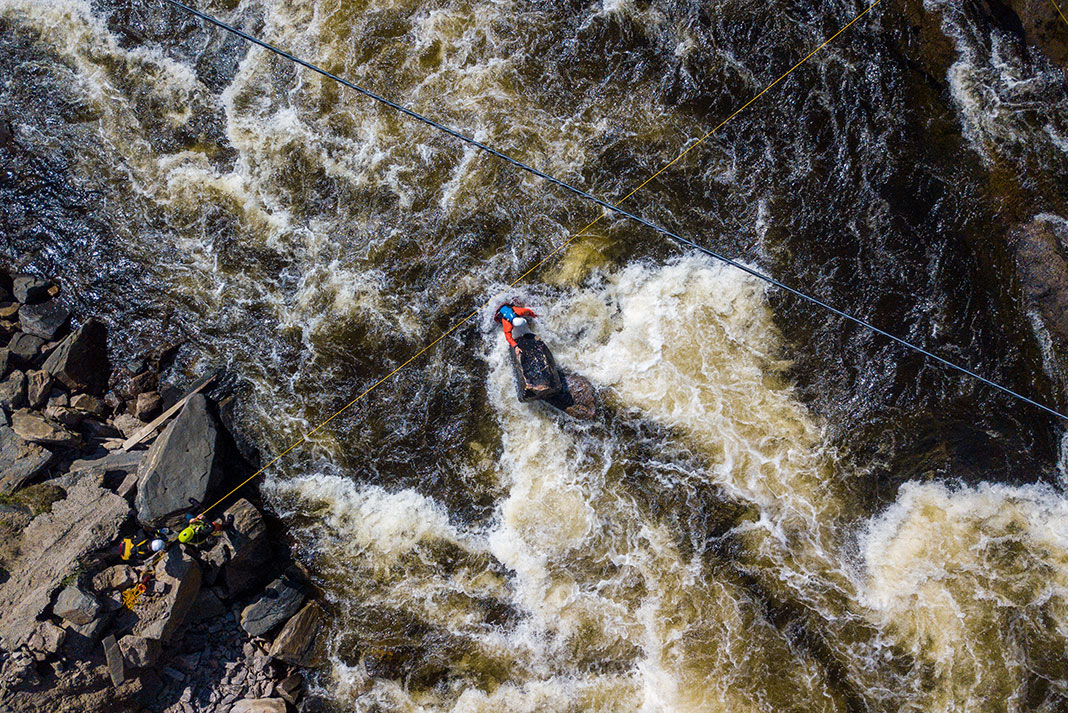
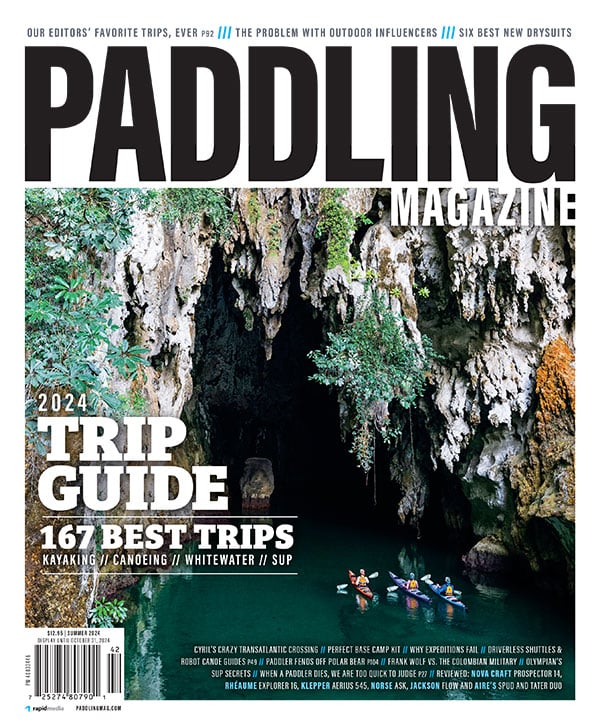 This article was first published in Issue 72 of Paddling Magazine.
This article was first published in Issue 72 of Paddling Magazine. 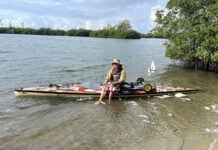
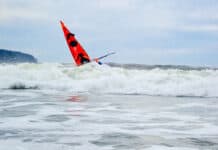
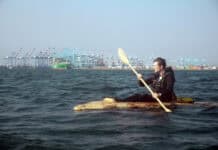
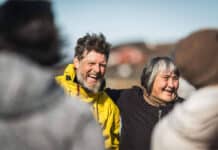
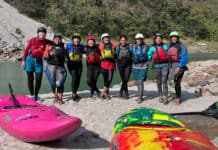


Charlie is one of my mentors . I have worked on eastern rivers for over 45 years . Been involved with swiftwater rescue for most career . I met Charlie back in the 80s when working at a rafting company I was very interested in trying to make our rivers safer , got with him became an instructor , later becoming an advanced instructor , And now a Instructor Trainer in Swiftwater Rescue all very much because of him . I and many folks owe him a big thank you .